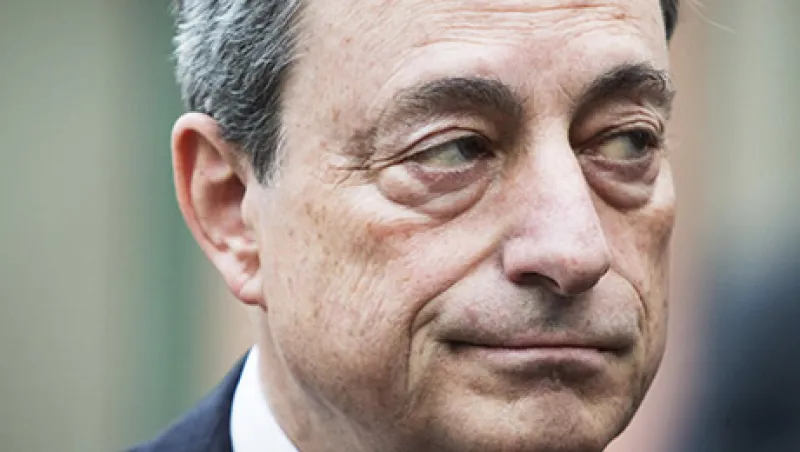
Daily Agenda: The Spotlight Swings to the European Central Bank
Expectations rise for further ECB easing; China’s FX reserves outflows slow; Kuroda upbeat on QE despite looming tax hike; Softbank splits.
Andrew Barber
March 7, 2016


